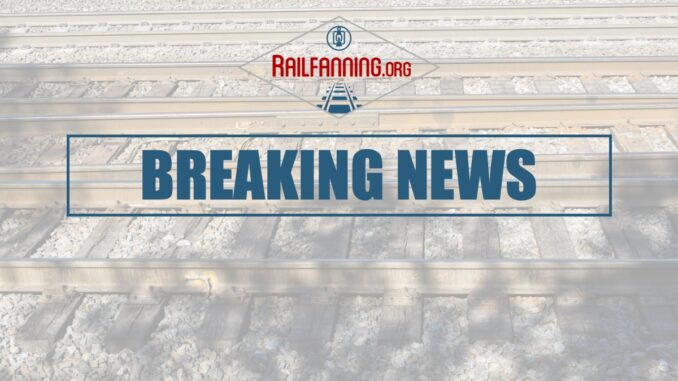
(The Center Square) – Much of the funding for Sound Transit’s projects, including ST3, has come from federal grants. In the past seven years, it has secured a total of $3.8 billion, with $9 billion expected in future grants for ST3.
However, as the transit system struggles to recover its pre-pandemic ridership volumes, the agency faces a growing fiscal challenge due to what a spokesperson says are rising property values and increased construction costs. Those challenges could affect how much money it can expect, or need, from the federal government.
In an email to The Center Square, Media Relations Manager John Gallagher wrote that “the agency has been transparent about the financial headwinds that we face on capital projects. We anticipate coming to the Board later this year with an update to the financial plan.”
The potential alterations to the plan come despite a $2.3 billion or 2.6% increase in projected tax revenue over the next two decades. While Sound Transit has collected more than $20 billion since 1996, its latest forecast projects $93.7 billion in revenue will be collected between 2017 and 2046. In 2046 alone, the agency is expected to generate $5 billion.
The updated financial plan may also take a second look at how much federal funding Sound Transit can anticipate moving forward, and how to address it if that amount is expected to go down.
Since the passage of Sound Move in 1996 authorizing Sound Transit to impose a variety of local taxes to fund transit projects, the regional transit agency has received $4.6 billion from the federal government to cover a portion of project costs.
That funding typically comes in the form of Full Funding Grant Agreements, Section 165 grants, and Transportation Infrastructure Finance and Innovation Act loans.
Among the projects to receive these dollars are:
- The Lynnwood Link Extension, which obtained an FFGA of $1.172 billion, as well as Section 165 grants of $54 million
- The Federal Way Link Extension, which obtained an FFGA of $790 million, along with Section 165 grants of $61 million
Sound Transit received just over $1 million in federal funding in 1996. By 2009, that figure had increased to $369 million. In the 18-year period between 1996 and 2013, Sound Transit got $2 billion in federal funding.
However, it has received $2.6 billion between 2014 and 2023. Funding during those years fluctuated widely, with just $77 million in 2017 compared to $216 million in 2019. The latest figures show $500 million in federal funding in 2023.
While Sound Transit may maintain its existing forecasts for federal funding in the future, former Bellevue City Councilmember Kevin Wallace, who negotiated with the transit agency on its East Link connection, disagrees. He is the CEO of Wallace Properties. Wallace told The Center Square that Sound Transit will likely struggle to get federal dollars on light rail projects intended for low-density suburban communities.
“They have to convince the federal government to give them that money,” he said. “Ten years ago, the government just blessed this stuff. But, I don’t think that’s the case anymore.”

